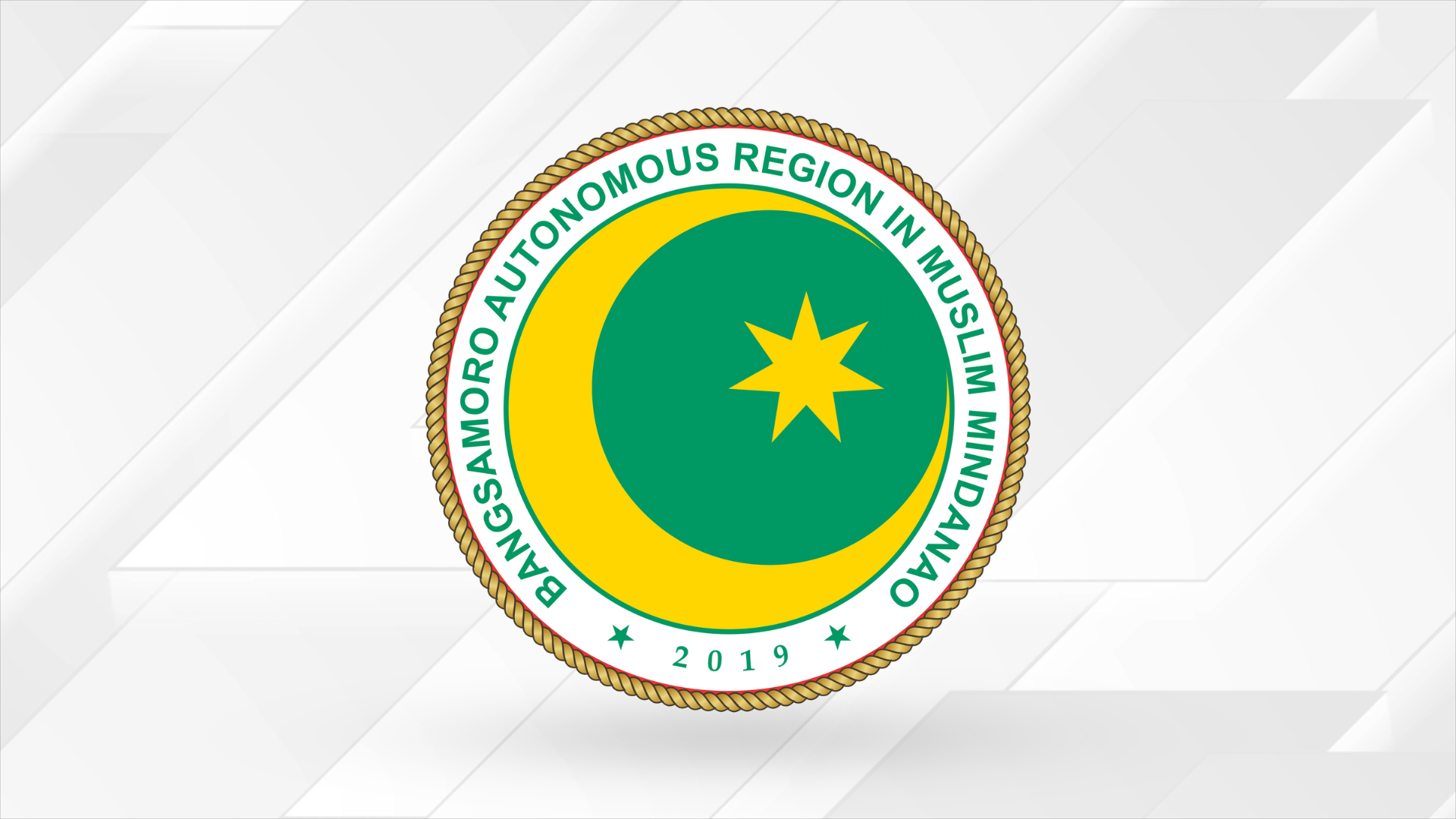BARMM split unlikely, parliament exec says
ILIGAN CITY, LANAO DEL NORTE, Philippines — Deputy Speaker Omar Yasser Sema of the interim Bangsamoro Parliament has allayed fears the autonomous region is bound to break up as a consequence of the Supreme Court ruling severing the province of Sulu from the Bangsamoro Autonomous Region in Muslim Mindanao (BARMM).
According to Sema, “there is no opt-out provision in the Bangsamoro Organic Law (BOL) so there can only be disintegration of the constituent local governments into distinct units if the BARMM is dissolved.”
Sema was a member of the Bangsamoro Transition Commission (BTC) that drafted the BARMM charter, the same one submitted by the Office of the President for legislation by Congress as Republic Act No. 11054.
READ: BARMM considers appealing SC ruling on Sulu separation
Several Bangsamoro leaders earlier warned that the high court ruling opened the floodgates to the splintering of BARMM, a political entity established to assuage the longing of the Moro people for self-governance that, in turn, drove over four decades of rebellion in Mindanao.
Article continues after this advertisementThe ruling came as the BARMM gears up for its first parliamentary election in 2025.
Article continues after this advertisementSpeaking to reporters on Tuesday, BARMM Cabinet Secretary and spokesperson Mohd Asnin Pendatun said the regional government “is operating on the assumption there will be elections next year.”
“As to what measures will be necessary to make that happen, we leave it to the collective wisdom of our Parliament,” Pendatun added.
The ruling affecting BARMM and Sulu, penned by Senior Associate Justice Marvic Leonen and concurred in by 14 other justices, is immediately executory.
Sema said there was a need to reapportion the seven parliamentary district seats for Sulu to complete the 32 seats for district representatives in the 80-member regional legislature.
“That [measure] the Parliament must do immediately,” Sema pointed out.
Soon, the people of Sulu can ask Congress to pass a law allowing the province to be part of the BARMM, or to “opt-in,” Sema said.
Schedule adjustment
In Manila, the Commission on Elections (Comelec) on Wednesday reset to Nov. 4 to Nov. 9 the filing of the certificates of candidacy (CoC) for the Bangsamoro parliamentary polls, following the high court’s decision.
Resolution No. 11051, adopted by the commission en banc, says the high court’s ruling has a “crucial” effect on ongoing preelection activities.
It also cites the need to accommodate “several adjustments” in the allocation of the district, party and reserved seats in the 80-member Bangsamoro Parliament as well as in the poll body’s administrative jurisdiction over Sulu.
The filing of CoCs for the parliamentary elections was originally set for Oct. 1 to Oct. 8, coinciding with the filing period for CoCs of candidates for senator, district representative, and other local government positions nationwide.
The resolution also extended to Nov. 9, from the previous Oct. 8, the deadline for filing the list of nominees, certificates of acceptance of nomination, and manifestation of intent to participate of parties and their candidates running for the Parliament.
Appeal
Pendatun said that after the decision came out, Chief Minister Ahod “Al Haj Murad” Ebrahim had instructed the Cabinet “to explore all options because we give utmost importance to Sulu as it plays a significant role in the Bangsamoro struggle for self-governance.”
Sema said that even as the ruling was shared by all magistrates of the Supreme Court, an appeal should be lodged to argue on the wisdom of reckoning the majority vote for the BOL in the 2019 plebiscite at the regional level “and for the sake of Sulu, even if that is a longshot [effort].”
“Autonomy was already established in 1989 hence, the ARMM (Autonomous Region in Muslim Mindanao) was already a government unit when the 2019 plebiscite was conducted, in fact, [it] was classified by the Supreme Court as a local government unit in many of its decisions,” he noted.
“Therefore, the determination of consent to change from ARMM to BARMM should be based on the entirety of the ARMM as a whole and not per component province. That was the intent of the BTC during the deliberations in Congress,” he explained.
In the ruling, the court said Sulu should not be part of BARMM because a majority of its voters rejected the BOL, saying it is the way that is consistent with the Constitution.
But Pendatun said the BARMM could not appeal because it was not a party to the case.
Sen. Juan Miguel Zubiri, who authored RA 11054, is hopeful that excluding Sulu from the region would not delay the parliamentary elections.
“Ultimately, it is up to the Comelec to interpret the Supreme Court’s ruling. I hope this does not delay the elections, as the Bangsamoro people deserve the chance to choose their leaders and shape their future,” Zubiri said. —with reports from Edwin Fernandez, Leah Agonoy, and Tina Santos
